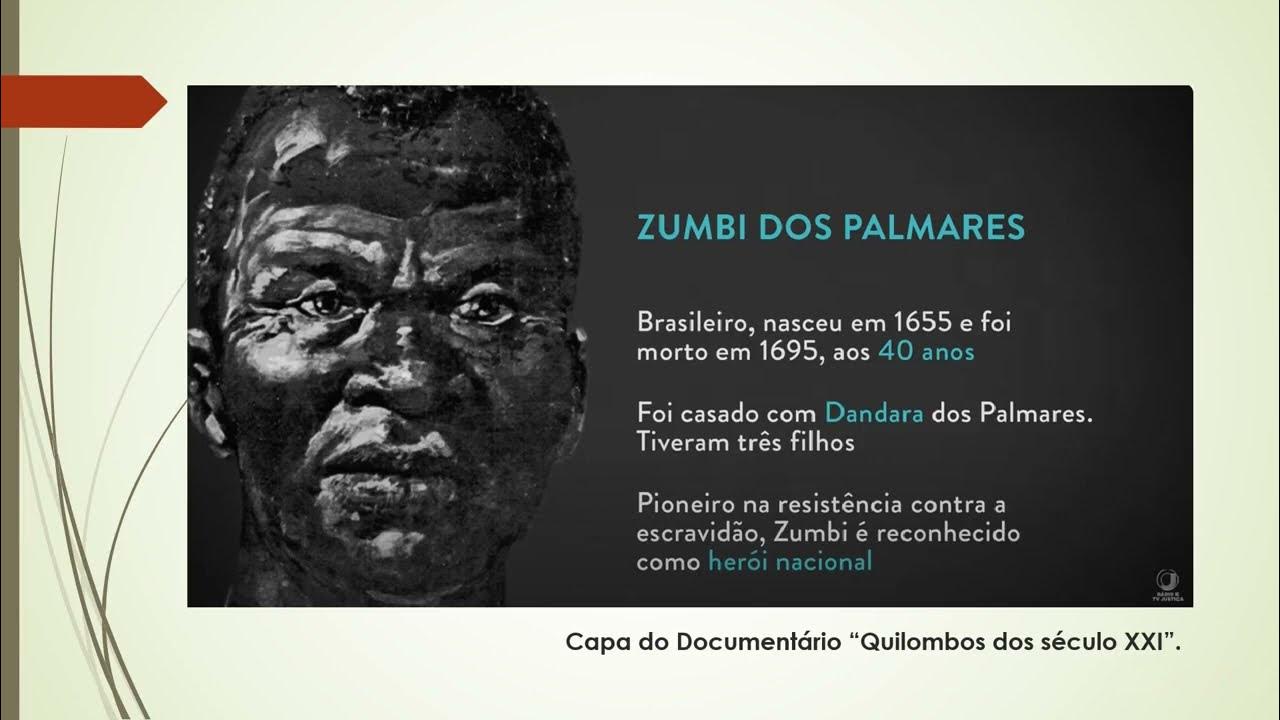Quilombolas da Amazônia
Summary
TLDRThe transcript explores the deep connection of quilombola communities to the Amazon rainforest, highlighting their historical struggles against modern forms of slavery and systemic oppression. It emphasizes the importance of preserving their cultural identity and the forest itself for future generations. The speaker reflects on their family's history, the challenges they face today, and their ongoing fight for land rights as a means of securing their livelihood. The message resonates with pride, resilience, and a commitment to sustainability, urging recognition of the invaluable role of quilombolas in protecting the Amazon.
Takeaways
- 🌳 The Amazon is a vital part of identity for many people living within its forest, despite often being overlooked by the outside world.
- 🖤 The speaker highlights the historical context of slavery in the Amazon, emphasizing its ongoing legacy and impact on current generations.
- 🔥 The speaker recounts personal family history related to the struggles faced by their ancestors, including experiences of violence and fear.
- 📖 The notion of modern slavery persists, as the speaker observes contemporary poverty and exploitation of Black individuals in urban areas.
- 💪 The speaker expresses pride in their identity as a quilombola, acknowledging both the suffering and strength that come from this heritage.
- 🌍 The fight for land rights is crucial for the survival and dignity of their community, providing a sense of security and continuity.
- 🌱 Caring for the forest is seen as essential to prevent ecological disaster, emphasizing the interconnectedness of people and nature.
- 👶 The importance of preserving resources for future generations is highlighted, aiming to ensure a sustainable community.
- 🤝 Collaboration with partners is necessary to support their efforts in land preservation and community building.
- 💎 The speaker emphasizes that the fight for land is a fight for life, equating the struggle for territory with the quest for dignity and wealth.
Q & A
What is the significance of the Amazon rainforest to the quilombola community?
-The Amazon rainforest is integral to the quilombola community as it represents their home, identity, and cultural heritage. They see themselves as part of the forest and believe in the importance of preserving it for future generations.
How does the speaker describe the legacy of slavery?
-The speaker highlights that while slavery has officially ended, its legacy persists in modern forms of exploitation and poverty, particularly affecting Black individuals in the city who still experience deprivation.
What does the speaker mean by modern slavery?
-Modern slavery refers to the ongoing economic and social injustices that continue to oppress individuals, especially within the Black community, where many still face systemic inequalities and lack of opportunities.
What role do land rights play in the quilombola community?
-Land rights are crucial for the quilombola community as they provide a sense of security and identity. The fight for land titling is essential for preserving their culture and ensuring their survival.
How does the speaker connect their ancestry to their current identity?
-The speaker expresses pride in their ancestry, acknowledging the struggles of their forebears while embracing their identity as quilombolas, which is rooted in their history and the fight for recognition and rights.
What environmental concerns does the speaker raise?
-The speaker emphasizes that the destruction of the forest would lead to ecological devastation, transforming it into a desert and threatening their community's future. They advocate for the preservation of the rainforest as a vital resource.
In what ways does the quilombola community contribute to environmental conservation?
-The quilombola community actively engages in conservation efforts, recognizing that caring for the forest is essential not just for their survival but also for the well-being of future generations.
What is the speaker's perspective on the future of the quilombola community?
-The speaker expresses hope for the future, emphasizing the importance of preserving their culture and environment. They believe in the strength of their community to overcome challenges and ensure a better life for future generations.
How does the speaker view the concept of wealth?
-The speaker redefines wealth, viewing it not in material terms but as the richness of land, culture, and community. They emphasize that preserving these aspects is vital for the community's future.
What message does the speaker convey about community and partnership?
-The speaker stresses the importance of community solidarity and partnerships with allies who support their struggles for land rights and environmental preservation, reinforcing the idea that collective action is essential for achieving their goals.
Outlines

このセクションは有料ユーザー限定です。 アクセスするには、アップグレードをお願いします。
今すぐアップグレードMindmap

このセクションは有料ユーザー限定です。 アクセスするには、アップグレードをお願いします。
今すぐアップグレードKeywords

このセクションは有料ユーザー限定です。 アクセスするには、アップグレードをお願いします。
今すぐアップグレードHighlights

このセクションは有料ユーザー限定です。 アクセスするには、アップグレードをお願いします。
今すぐアップグレードTranscripts

このセクションは有料ユーザー限定です。 アクセスするには、アップグレードをお願いします。
今すぐアップグレード関連動画をさらに表示
5.0 / 5 (0 votes)






